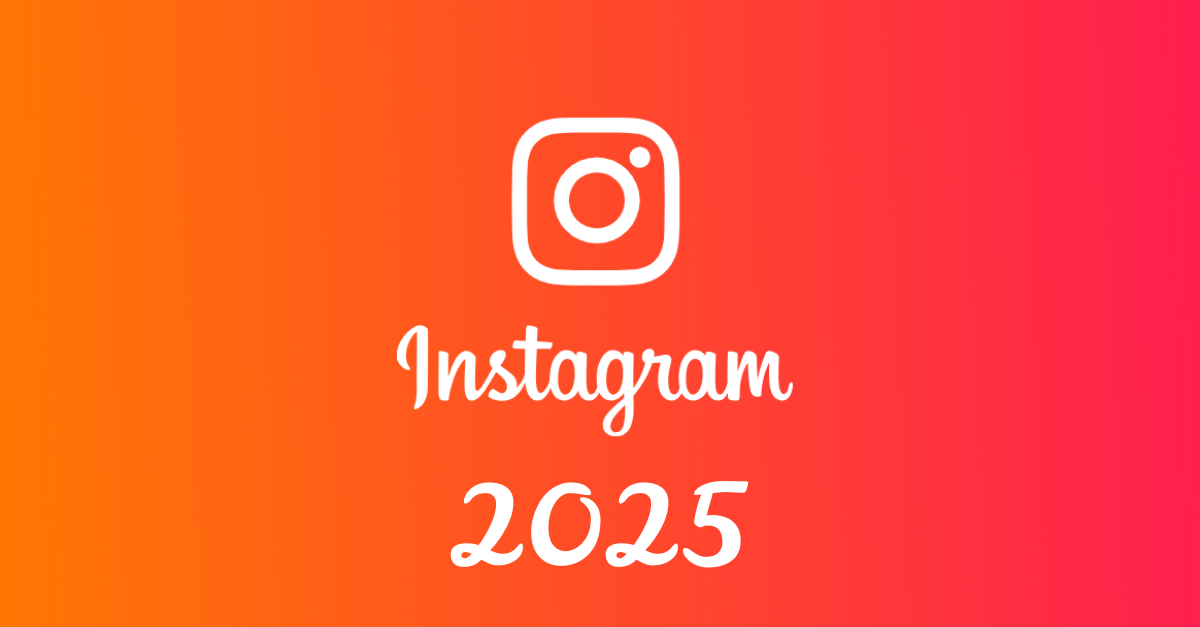Instagram’s New Terms of Service: What You’re Sacrificing in 2025

Let’s be honest: very few of us read the Terms of Service in full when signing up for a new platform. Even fewer bother revisiting these lengthy, jargon-filled updates when asked to click “Agree” and move on with our day. Who has the time?
Do companies like Meta rely on this hesitation to diveC into legal fine print? While some updates legitimately address corporate risks, they also create opportunities to quietly redefine the company’s relationship with users—often in ways that don’t benefit us as individuals, creators, or consumers.
Recently, Meta released a significant update to Facebook’s Terms of Service, which I analyzed to unpack its implications for creators. Now, Instagram’s updated Terms of Service, set to take effect on January 1, 2025, is under scrutiny. These changes will impact not just content creators but all users on the platform, making it essential to understand what’s at stake.
Yes, this article qualifies as AI-assisted content—I used tools like ChatPDF and ChatGPT Canvas to help analyze and organize my findings. Still, leveraging AI is a recurring theme here: using AI tools to protect yourself from AI overreach is becoming more critical than ever.
So, while I’m not a lawyer, I bring nearly three decades of experience working alongside legal teams to craft these kinds of agreements. Let’s dive in to see what we’re actually signing up for if we continue to use Instagram in 2025.
What’s Changing?
Instagram’s updated Terms of Service introduces significant shifts that affect all users, with content creators facing unique challenges. As the go-to platform for photography and visual storytelling, Instagram has long been a favorite for creators, but these updates—spanning content ownership, data usage, and feedback policies—may give pause before hitting “Share” on that next filtered selfie.
Here’s what’s changing:
Broader Changes for All Users
- Arbitration Clause: The new terms require binding arbitration for disputes, limiting users’ ability to file lawsuits or join class-action cases. This approach, increasingly common in tech (Disney and Uber also use it), often favors corporations by narrowing users’ legal options. While not uncommon, it’s worth noting how this limits recourse if significant issues arise.
- Content Ownership:While users retain ownership of their content, posting on Instagram grants the platform a sweeping commercial license to use, distribute, and modify it. This includes potential use in Meta’s AI training datasets and promotional materials, or even third-party ads that may compete with your original work. Mark Zuckerberg has argued that individual creators’ work holds little standalone value—an assertion I vehemently disagree with.
- Privacy and Data Usage: Instagram’s data collection is extensive, covering personal information to optimize user experience and ad targeting. Notably, user data may be leveraged in training AI models, though specifics remain unclear. U.S. users cannot opt out of AI training, unlike those in the UK and EU, who have limited opt-out options under stricter privacy laws.
- Feedback Without Compensation: Any ideas or suggestions you provide to Instagram can be used without compensation. This is standard practice in tech but worth highlighting for users who frequently contribute valuable feedback. Personally, unless I’m paid for my expertise, I refrain from offering product suggestions—and so should you.
Concerns for Content Creators
For creators, Instagram’s updated terms present additional challenges:
Expansive Licensing: The platform’s broad license could impact your ability to monetize your content elsewhere. Instagram reserves the right to use your work without compensation, potentially undermining your earning potential.
Metadata Use: Instagram may use metadata from your posts to train AI models, influencing algorithms, advertising strategies, and content visibility. This could alter your reach and engagement.
Stricter Account Policies: Tighter rules around account management mean creators must closely follow community guidelines to avoid termination. While the policies are generally reasonable, vague definitions of punishable behavior remain a concern.
New Opportunities: On the flip side, Instagram is introducing new monetization options like affiliate marketing and sponsored content, offering creators additional revenue streams if they stay compliant with platform policies.
The Bigger Picture: Lon
The Bigger Picture: Long-Term Implications
Instagram’s updated terms echo concerns I raised about Facebook’s policies. Since both platforms are owned by Meta, it’s no surprise they share similar risks. If you’ve linked your Meta accounts for seamless content sharing, it might be time to reconsider.
AI Entrapment:
By continuing to post, you risk your content being mined for AI development without your consent. You could unknowingly contribute to tools that compete with your work.
Data Monopoly:
Instagram’s extensive data collection strengthens its dominance over user behavior and ad markets, leaving competitors struggling to keep up. This consolidation limits user choice and grants Meta alarming control over the digital ecosystem.
Legal Precedents:
If left unchallenged, Instagram’s aggressive terms could set a new industry standard, pressuring even ethical platforms like BlueSky or Cara to follow suit. Our silence now could pave the way for further erosion of user rights.
What Should You Do?
Here’s how you can protect your rights and data:
- Stay informed: Understand how your content and data are being used.
- Hold platforms accountable: Resist content theft and copyright violations.
- Explore alternatives: Consider platforms like Cara, which reject AI exploitation and respect creators’ rights.
- Speak up: Write to your representatives and demand stronger protections for creators.
For me, these updates are a tipping point. I’ll be reducing my presence on Instagram and Facebook in 2025, using them only to share links to content hosted elsewhere.
Closing Thoughts
As a technologist and creator, I’ve witnessed the rise of platforms that empower users—only to later exploit their trust. The unchecked expansion of AI and data collection by companies like Meta raises urgent questions about the balance of power between corporations and users.
Unless we take action now, blanket acceptance of such terms effectively hands Big Tech unchecked control over our data and creative contributions. It’s time to stop agreeing to these terms without question.
What about you? What steps are you taking to ensure your digital and creative independence?
Source Links

Zaki Smma
Welcome to Zaki SMMA, where innovation meets excellence in the realm of digital marketing
Latest post

Instagram’s New Terms of Service: What You’re Sacrificing in 2025


